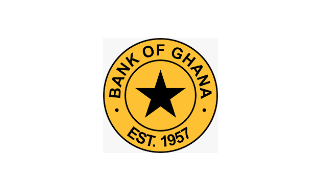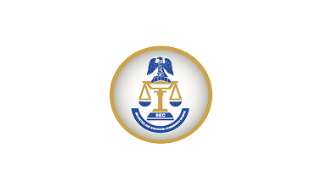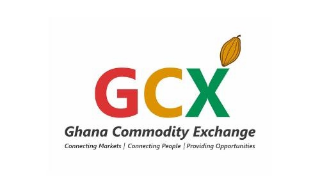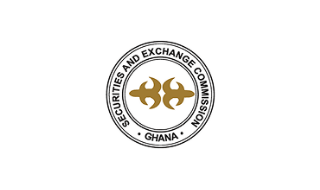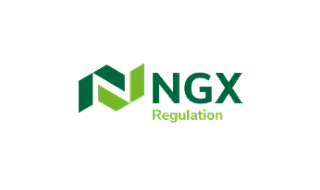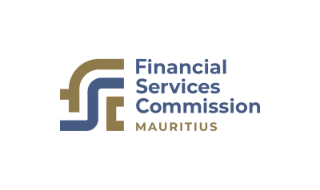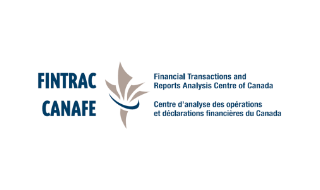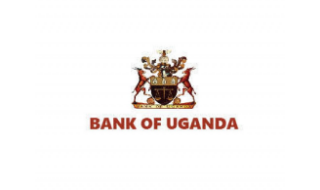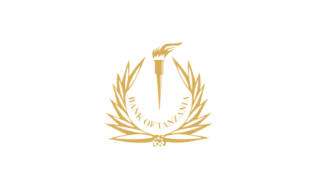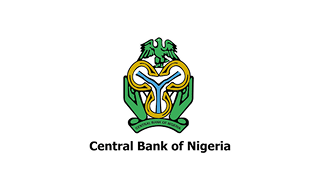
Nigeria’s financial markets faced brief pressure this week after U.S. President Donald Trump warned that America could take military action in Nigeria. His comments, made at a campaign rally, were linked to reports of violence against Christians in parts of the country.
The reaction was quick. Investors sold some of Nigeria’s dollar-denominated bonds, causing prices to fall slightly. The 2051 bond, for example, dropped by about half a cent to just under 92 cents on the dollar, a small but noticeable dip that reflected sudden uncertainty.
Over the past year, Nigeria’s bonds had been recovering thanks to government reforms under President Bola Tinubu. The removal of fuel subsidies, a more flexible exchange rate, and higher interest rates had started to rebuild confidence among global investors. That progress made the market’s reaction to Trump’s threat even more striking.
However, analysts say the drop was temporary. Many believe the U.S. president’s remarks were political rather than a sign of real action. “The statement caused short-term jitters, but the fundamentals remain strong,” said one Lagos-based market analyst.
By the end of the day, bond prices had stabilized, and the naira’s value was steady. For investors, it served as a reminder that African markets can still be sensitive to global politics — even when the local economy is improving.
Nigeria remains one of Africa’s most watched markets, and while Trump’s comments drew headlines, most experts see the country’s broader economic outlook as unchanged.
